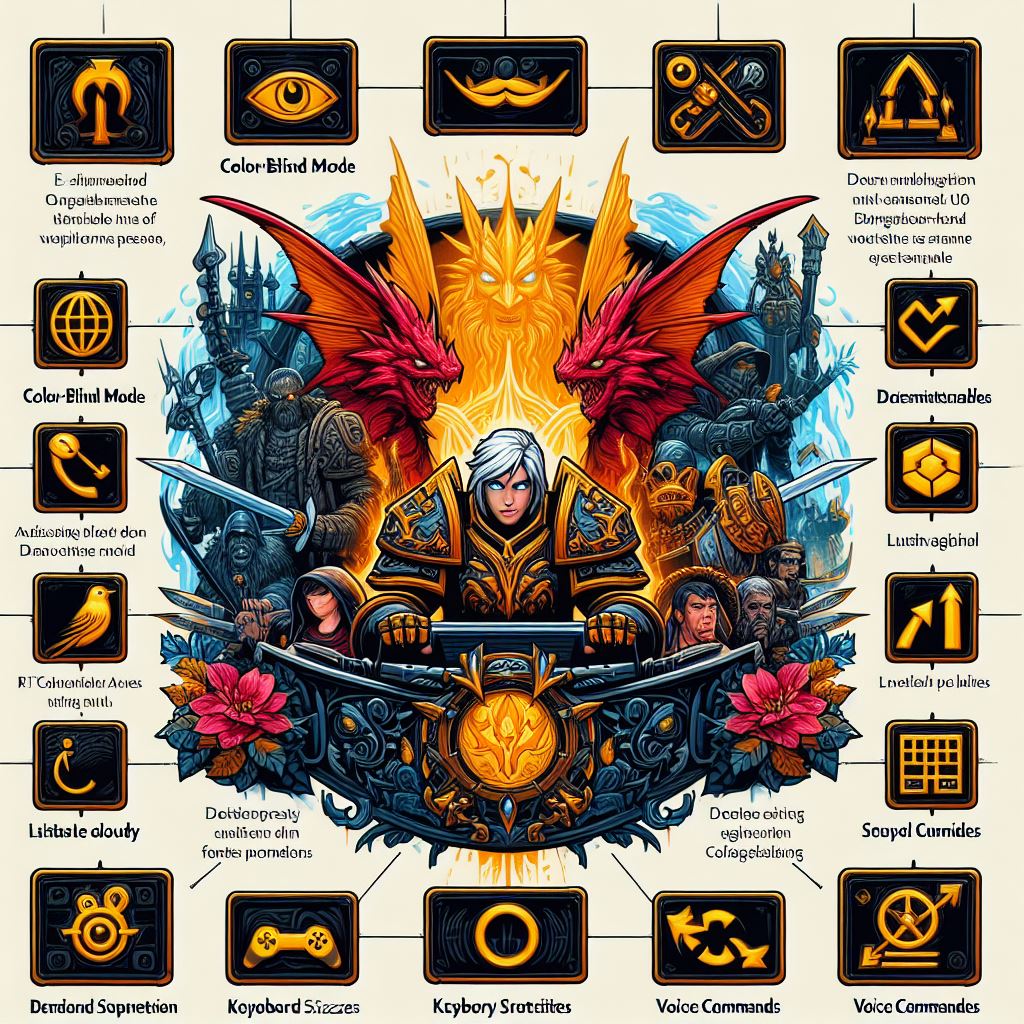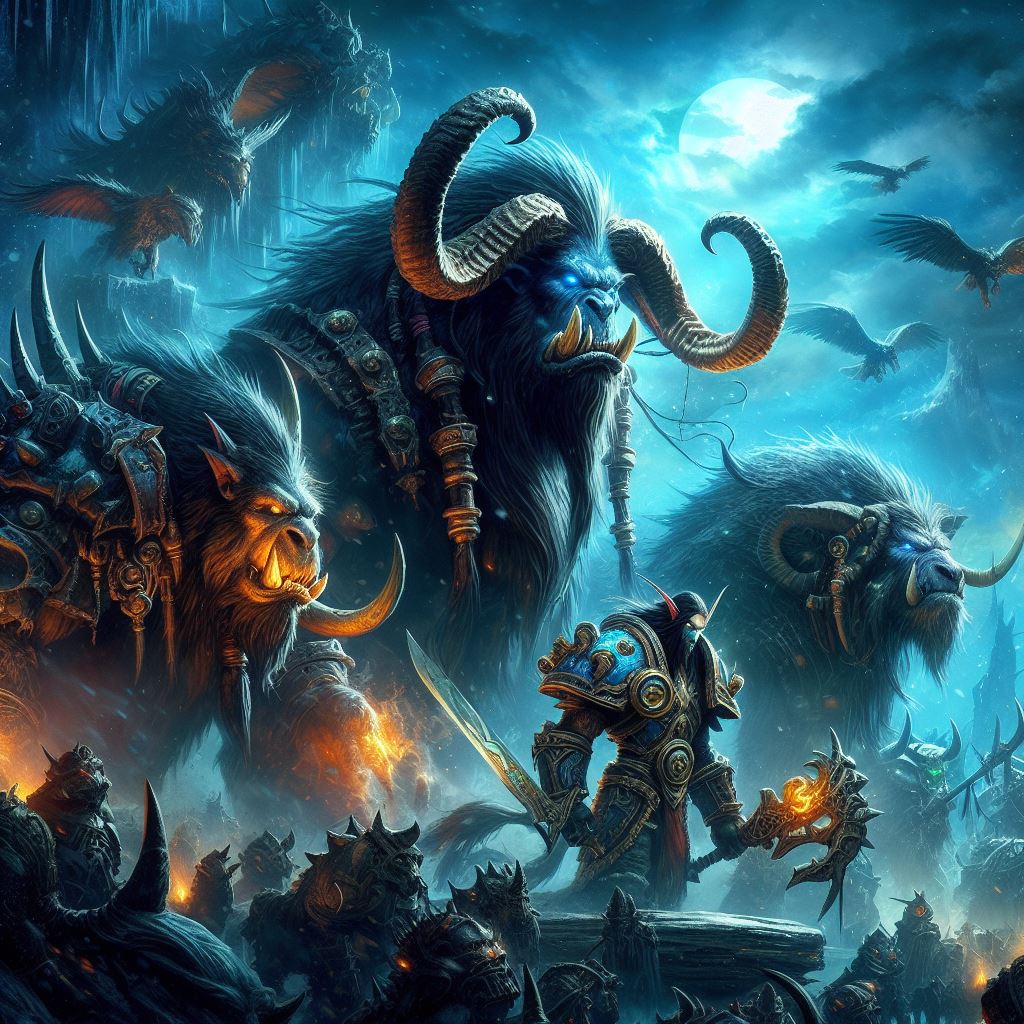World of Warcraft (WoW) is not just a game; it’s a complex virtual world with its own thriving economy, where in-game items and services are traded for real-world money. This virtual economy has evolved significantly since the game’s launch, reflecting both player innovation and developer intervention. In this article, we’ll explore various facets of WoW’s economy, including gold farming, account trading, and how these activities have shaped the game. https://buyboost.com/wow
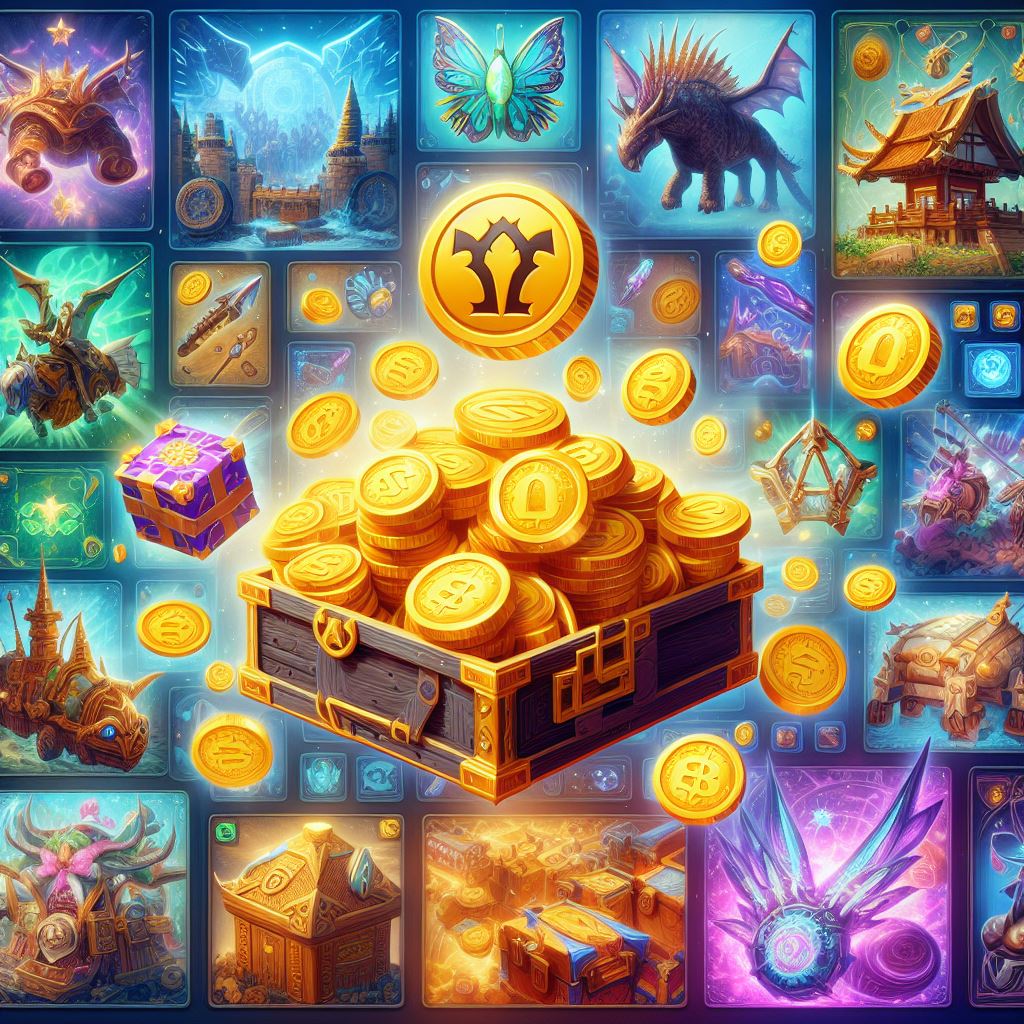
Overview of Virtual Goods Trading in WoW
The Nature of Virtual Goods
In WoW, virtual goods include items like weapons, armor, potions, and even rare mounts, all of which can enhance a player’s gaming experience. These items are often traded in WoW’s Auction House, a central feature of the game’s economy.
Evolution of Trading Practices
Over the years, trading practices in WoW have grown from simple barter among players to complex, multi-level economic activities involving real money. This section details the progression and current state of these trading practices.
The Impact of Real-Money Trading (RMT)
Economic Implications
RMT involves the buying and selling of in-game currency and items for real-world money, a practice that has significant economic implications for both the game environment and its players.
Legal and Ethical Considerations
The legal and ethical dimensions of RMT are complex, involving issues of intellectual property rights, game integrity, and fair play.
Gold Farming: Origins and Operations
Methods and Motivations
Gold farming is often undertaken by players in lower-income countries as a primary source of income. This section explores the methods employed in gold farming and the motivations behind them.
Global Perspectives on Gold Farming
Different countries have varied perspectives on the legality and morality of gold farming. This subsection discusses these global viewpoints and their implications for players and developers.
Account Trading and Character Boosting
Market Dynamics
Trading accounts and boosting characters have become lucrative practices, influenced by the demand for high-level characters and rare items.
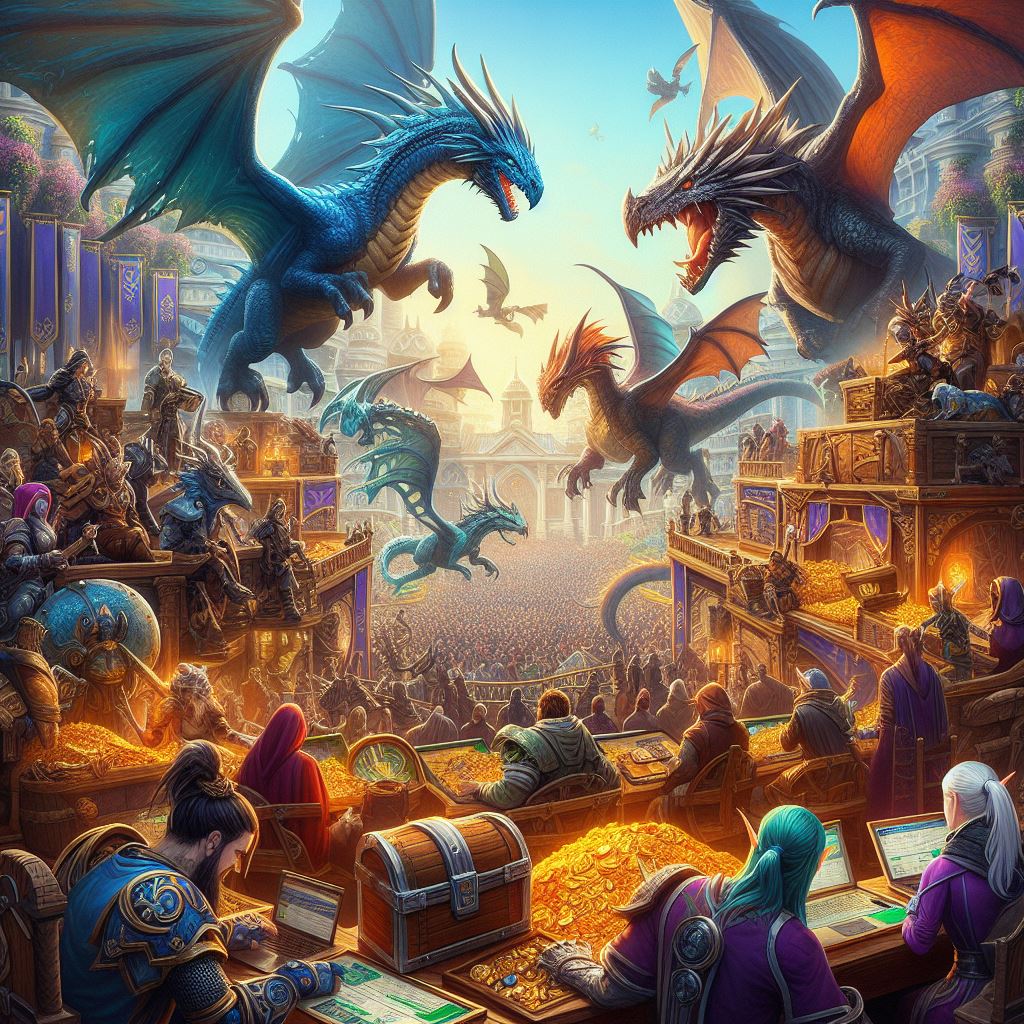
Risks Involved
This part of the article discusses the risks associated with account trading, including scams and violations of Blizzard’s terms of service.
Blizzard Entertainment’s Response
Policies Against RMT
Blizzard has implemented several policies aimed at curbing RMT and maintaining game balance. This section details these policies and their effectiveness.
Enforcement Techniques
Blizzard uses a variety of techniques to enforce its policies against RMT, from in-game monitoring to legal actions.
The Role of Third-Party Marketplaces
How They Operate
Third-party marketplaces facilitate the buying and selling of WoW items outside of the game. This section explains how these marketplaces operate and interact with the game’s economy.
Legalities and Blizzard’s Actions
The legal challenges these marketplaces face, and the actions Blizzard has taken against them, are discussed here.
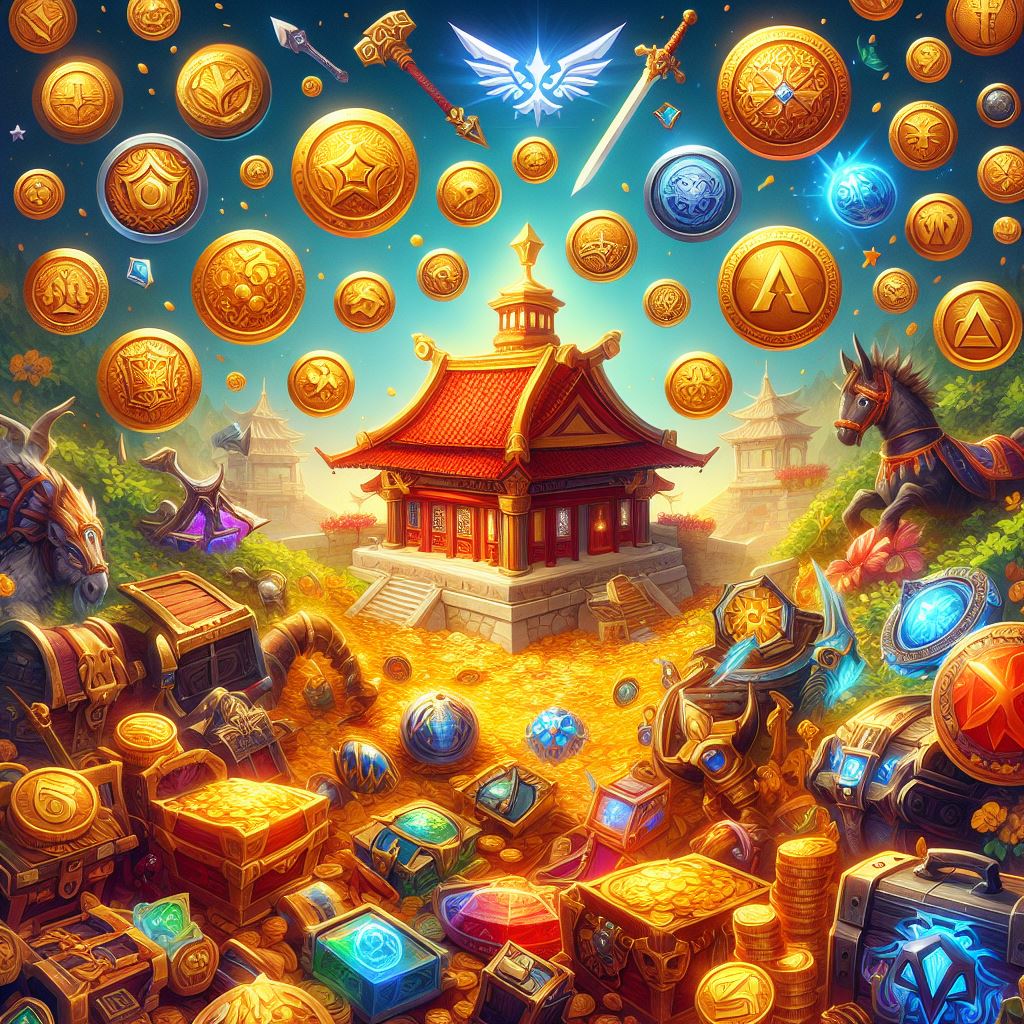
Economic Models within WoW
Gold as Currency
Gold is the primary currency in WoW, used by players to trade and purchase goods and services. This section explores how gold functions within the game’s economy.
Auction House Dynamics
The Auction House is a critical component of WoW’s economy. This part explains its dynamics and its role in regulating the game’s market.
The Social Dynamics of WoW’s Economy
Community Reactions
Player reactions to the economic aspects of WoW vary widely, from acceptance to criticism. This section examines these reactions and their impacts on the community.
Guild Economies
Guilds in WoW often have their own internal economies. This subsection discusses how these economies function and their significance to the game’s social structure.
Comparative Analysis: WoW vs. Other MMORPG Economies
This section compares WoW’s economy with those of other MMORPGs, highlighting both similarities and differences.
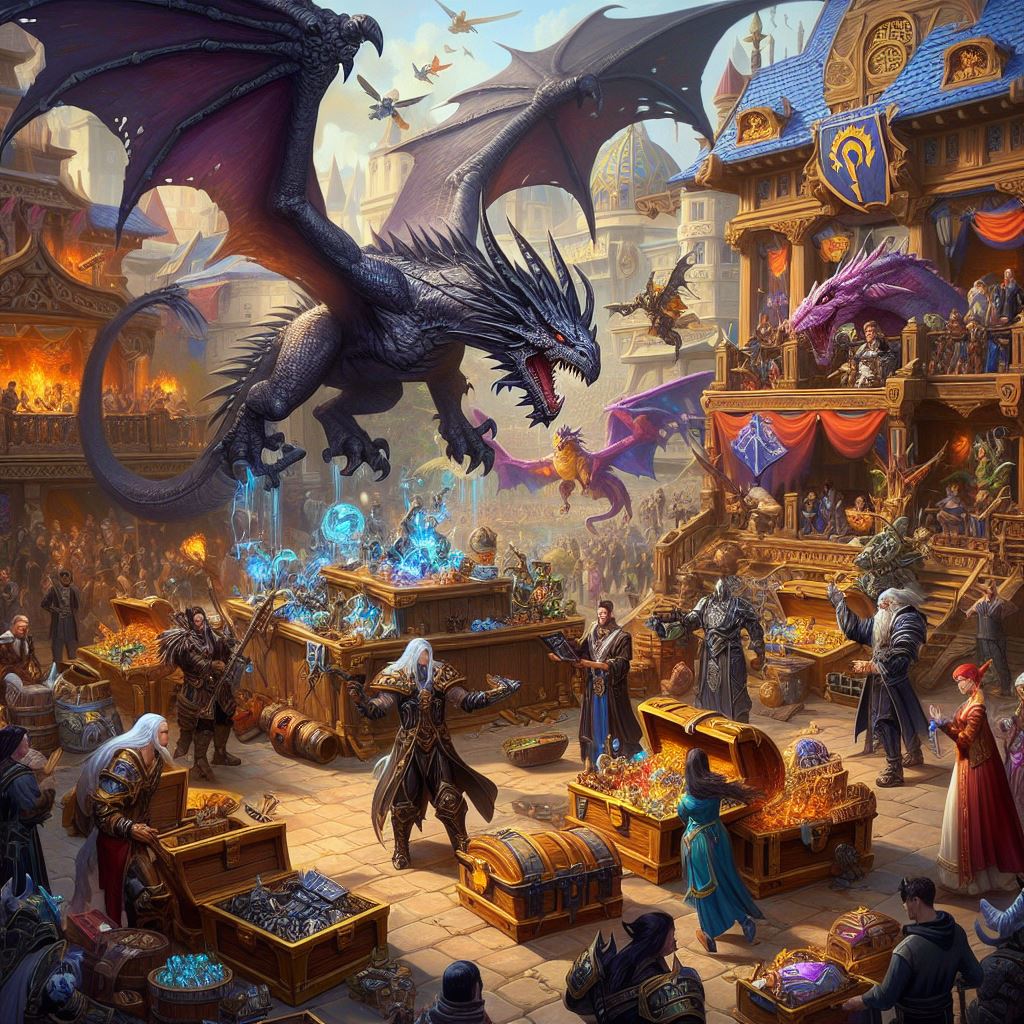
Future of Virtual Economies in Gaming
Predictions and Emerging Trends
The future of virtual economies appears robust, with new technologies and player behaviors shaping their development. This section offers predictions on where these economies might be headed.
User Stories and Experiences
Anecdotes from players provide a personal touch to the discussion, illustrating how the trading of virtual goods has affected individual gameplay.
Conclusion: The State and Future of Virtual Goods Trading in WoW
This final section summarizes the discussed points and offers thoughts on the future of virtual goods trading in World of Warcraft and other online games.
